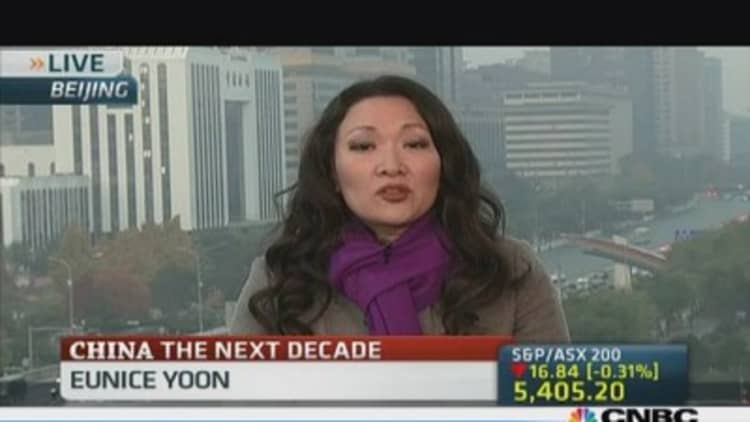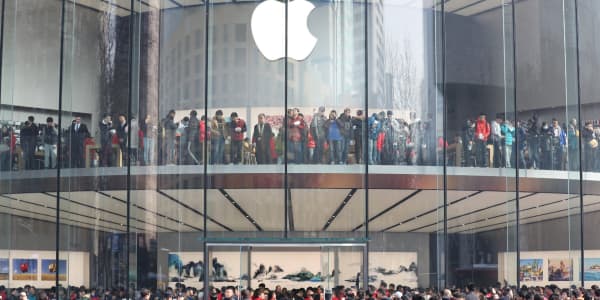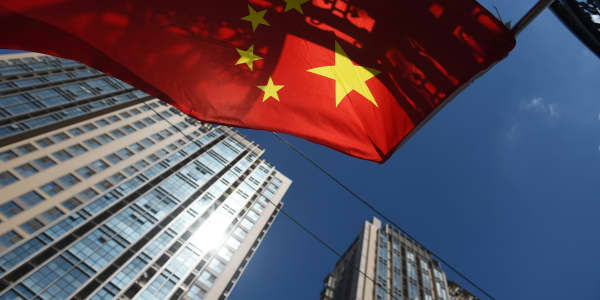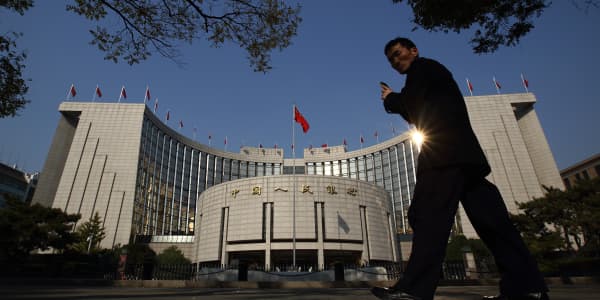
A four-day meeting of China's top leaders gets underway in Beijing on Saturday and is widely expected to be the launch-pad for major economic reforms from the world's second biggest economy.
Here are five things that you need to know about China's Third Plenum.
1) The Third Plenum is the third meeting of China's Central Committee since a once-in-a decade leadership change took place a year ago. About 370 top members of the country's ruling Communist Party gather behind closed doors to finalize long-term reforms. The Central Committee is the biggest of the Communist Party's main decision-making bodies and its members were chosen at the First Plenum of the 18th Party Congress in November 2012. The two most important members are China's President Xi Jinping and Premier Li Keqiang.
(Read more: Will China's plenum dazzle or disappoint?)
2) The Third Plenum is significant because it tends to focus on economic policy and in the past has been used as a platform to launch major reforms. The First Plenum serves as introduction to the country's new leadership and the Second Plenum tends to be about internal party matters. In 1978, Communist Party leader Deng Xiaoping used the Third Plenum to unveil reforms that led to the opening up of the economy and paved the way for three decades of fast economic growth.
(Read more: Op-ed: China's new plan for growth—less government?)
3) The meeting is expected to be held under tight security and little news of the discussions is likely to be made public until the plenum closes. On the last day of the plenum, China's official news agency Xinhua is expected to release a report of what has been agreed.
4) Expectations for change are high, with Yu Zhengsheng, China's fourth-ranked politician, promising "unprecedented" reforms at the plenum. Chinese President Xi Jinping has also promised comprehensive reforms. These could include picking up the pace on financial sector reforms and exchange rate flexibility as well as implementing changes to land ownership and property tax legislation.
(Read more: China's big moment – here are the commodities set to benefit)
5) China's leaders could avoid reform on politically-sensitive subjects such as the state-owned enterprises, analysts say, adding that the devil will be in the detail and what action Beijing actually takes once the plenum is over. "I am more interested in the concrete measures that come after the plenum," Junheng Li, head of research at JL Warren Capital LLC in New York told CNBC. "So much is about execution and implementation. It is easy to talk the talk so what we need to see is whether the leaders and committed to reform in their actions."
— By CNBC.com's Dhara Ranasinghe; Follow her on Twitter @DharaCNBC





